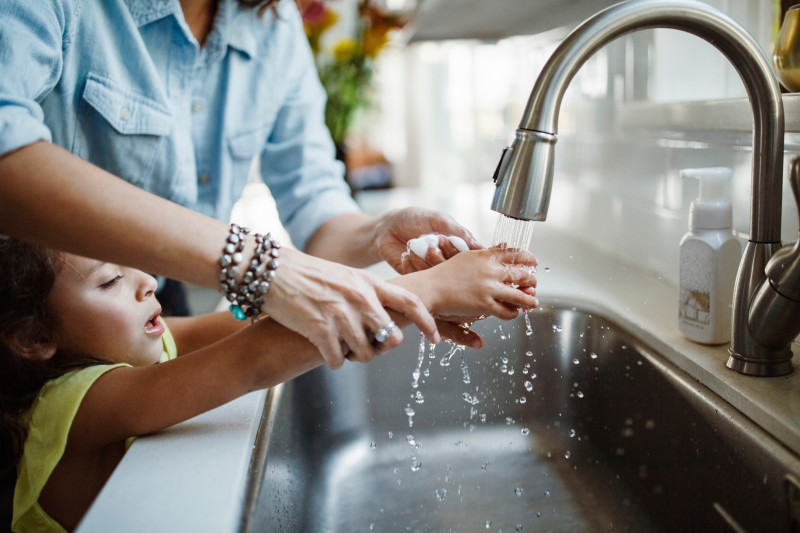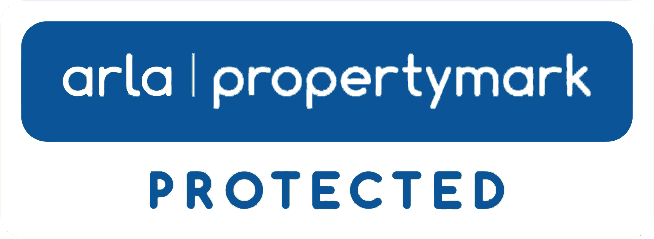
Smart showers with apps that track usage and a range of more streamlined products make it easier than ever to tap into an efficient bathroom.To save water at home and lower your bills, consider these practical tips:
Fix Leaks: Even small leaks can add up to significant water wastage over time. Regularly check faucets, toilets, and pipes for leaks and promptly repair them.
Upgrade to Water-Efficient Fixtures: Install low-flow faucets, aerated showerheads, and dual-flush toilets to reduce water consumption without sacrificing performance. Consider cold-start taps, which minimize the use of hot water and save on heating costs.
Take Shorter Showers: Cutting down your shower time can lead to substantial water savings. Aim for showers that last no longer than four minutes. Consider installing a timer or using a water-saving showerhead to help monitor and reduce your shower time.
Switch to Showers Instead of Baths: Showers generally use less water than baths. If you're a bath lover, consider swapping one bath per week for a shorter shower to save on both water and energy bills.
Monitor Your Water Usage: Consider installing a water meter if your home doesn't already have one. Monitoring your water consumption can help you identify areas where you can make further reductions and save on bills. Some smart fixtures even come with apps that track water usage and provide insights into your consumption patterns.
Upgrade Your Toilet: Consider replacing older toilets with dual-flush or eco-cistern models, which use less water per flush. Look for efficient flushing mechanisms that minimize water waste.
Regular Maintenance: Regularly inspect your plumbing fixtures and appliances for leaks, drips, and other issues. Promptly fixing any problems can prevent water wastage and help lower your bills.
Install a meter
The average household water bill in England and Wales has gone up by 6 per cent to £473 a year. However, 40 per cent of households don’t have a water meter, which means what they are billed can be very different to how much water they are using. Properties without meters are billed based on their rateable value, which is set by the government and based on a home’s location and size. The money-saving expert Martin Lewis says you should consider getting a water meter if your home has more bathrooms than occupants.
By implementing these simple yet effective strategies, you can reduce your water consumption and save money on your bills while also contributing to water conservation efforts.
Sourced from The Times








